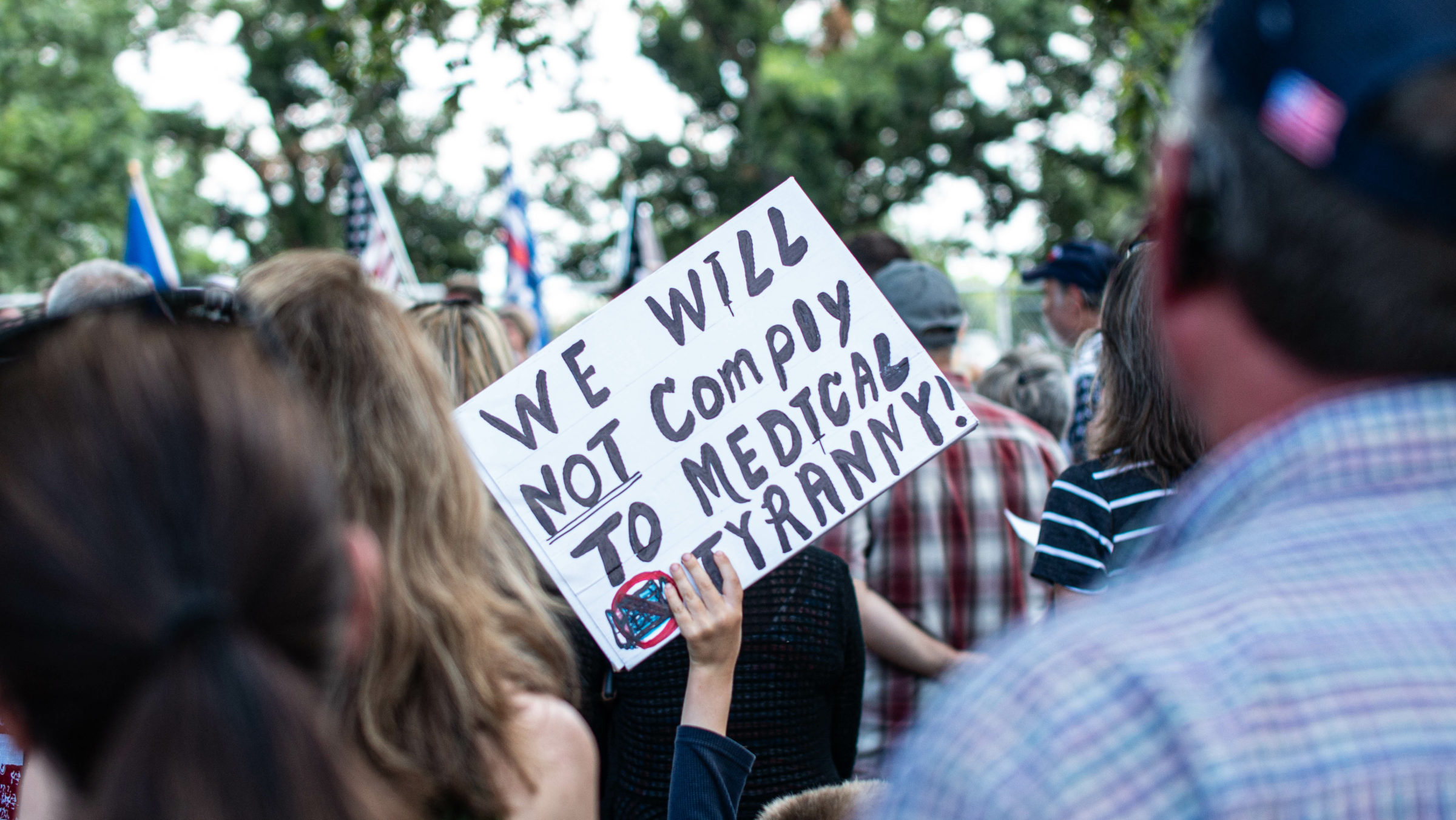Francis Collins Wants Purveyors of ‘False Information’ about COVID ‘Brought to Justice’
Originally published at National Review- Categories
- COVID-19
Francis Collins, the outgoing head of the NIH, is frustrated with Americans. He complains that we don’t trust science and believe in conspiracy theories. He also opposes free speech about public-health matters. From the Washington Post story:
- “Truth is supposed to be truth,” Collins said, “and the fact that your truth would be so heavily modified by your social circle or where you get your news tells you we’re in real trouble.”
- He said he worries about a society where “somebody’s Facebook post carries as much weight as a statement from the director of the CDC about what is the truth of a public health crisis.”
A few thoughts:
There are abundant reasons why our public-health leaders are less than universally trusted. For example, Anthony Fauci admitted to lying about masks early in the pandemic. He also prevaricated — at best — about U.S. goverment funding of “gain of function” viral research. And he seemed intoxicated by his fame, to the point that he often acted more like an A-list celebrity than a scientist.
Beyond personalities, people have noticed that our most prestigious scientific and medical journals have gone woke. This ideological poisoning of “science” breeds distrust in the process and the conclusions published in these journals — as I and others have written.
Not only that, but people have also noticed that many in “the science community” seem to relish their newfound power — and want to expand it beyond fighting COVID. For example, Fauci has urged that the U.N. and WHO be strengthened to “rebuild the infrastructure of human existence” to prevent future pandemics. Meanwhile, others want technocrats to be empowered to force policies on the public to fight climate change, as they have during the pandemic.
Back to Collins and his suggested solutions:
He sees two ways of attempting to curb the spread of misinformation, though admits he’s unsure how successful either has been.
The first: Identify those who are purposefully spreading false information online and bring them to justice.
The second: Find a better way to counter false claims with real information. He didn’t specify what exactly either one would entail.
Hello? People can’t be “brought to justice” for publishing information that isn’t true — or with which Collins and his colleagues disagree. It’s known as free speech.
Moreover, there are few settled “truths” about the coronavirus. The pandemic is still only two years with us and has proved a moving target. Also, the same data can be interpreted in different ways by scientists and doctors of good will and equal intellectual vigor. People have noticed the concerted efforts to shut up those with heterodox opinions, and they smell a rat.
Social-media censorship also breeds mistrust, and moreover, is itself “anti-science,” since the scientific method depends on the skepticism of — and criticisms from — scientists who have different points of view from the “scientific consensus.” It would be much better to let the debates rage openly than to try and skew the outcome.
I think the unwise vaccine mandates have also led to increased distrust of the public-health sector. Coercion usually does that. When people see hospitals firing health-care workers and cops being laid off during a crime wave because they refuse the jab, they bristle.
Finally, the smug hubris and denigrating attidues of the leaders of the public-health community toward the general public has turned millions of people off.
The problem of popular distrust is serious and real. But the causes go far beyond what Collins discussed in his interview and the solutions are not to be found in bringing thought criminals “to justice.”
